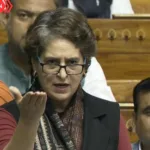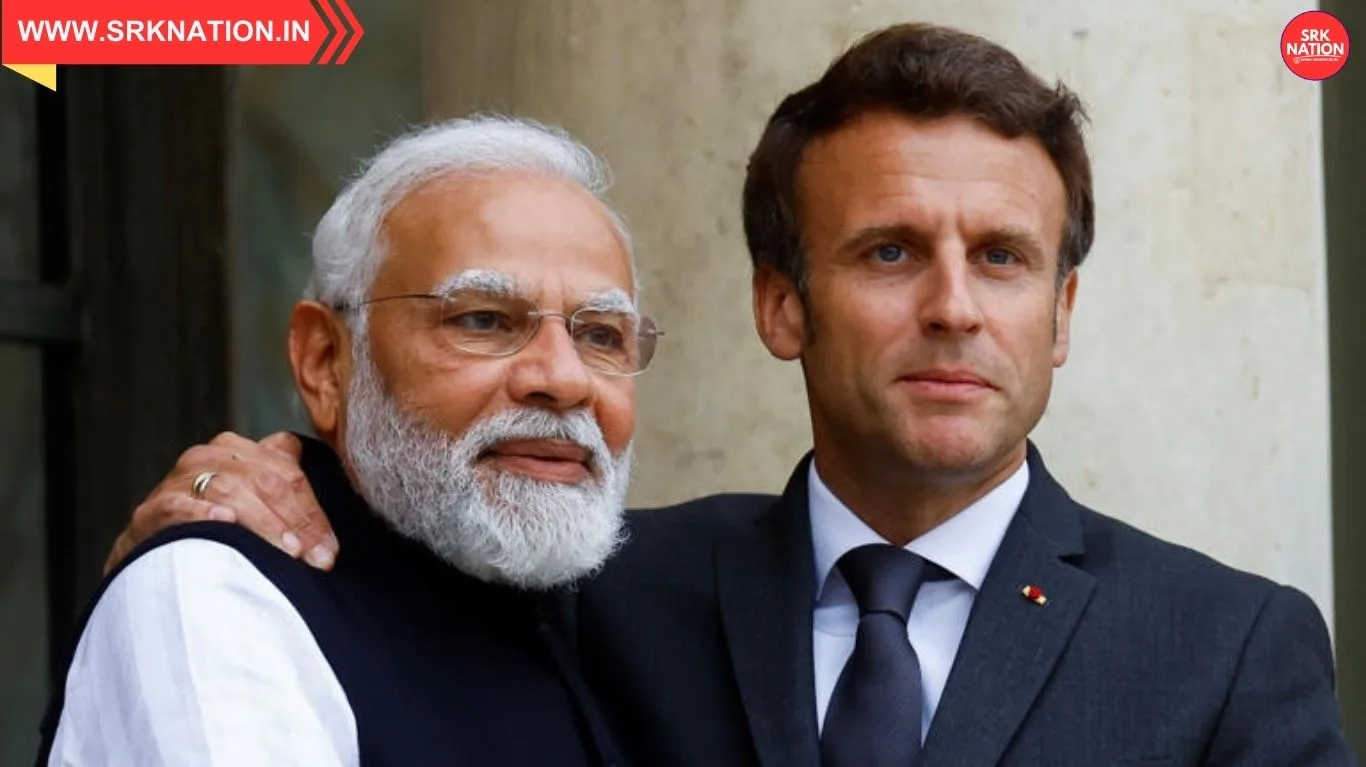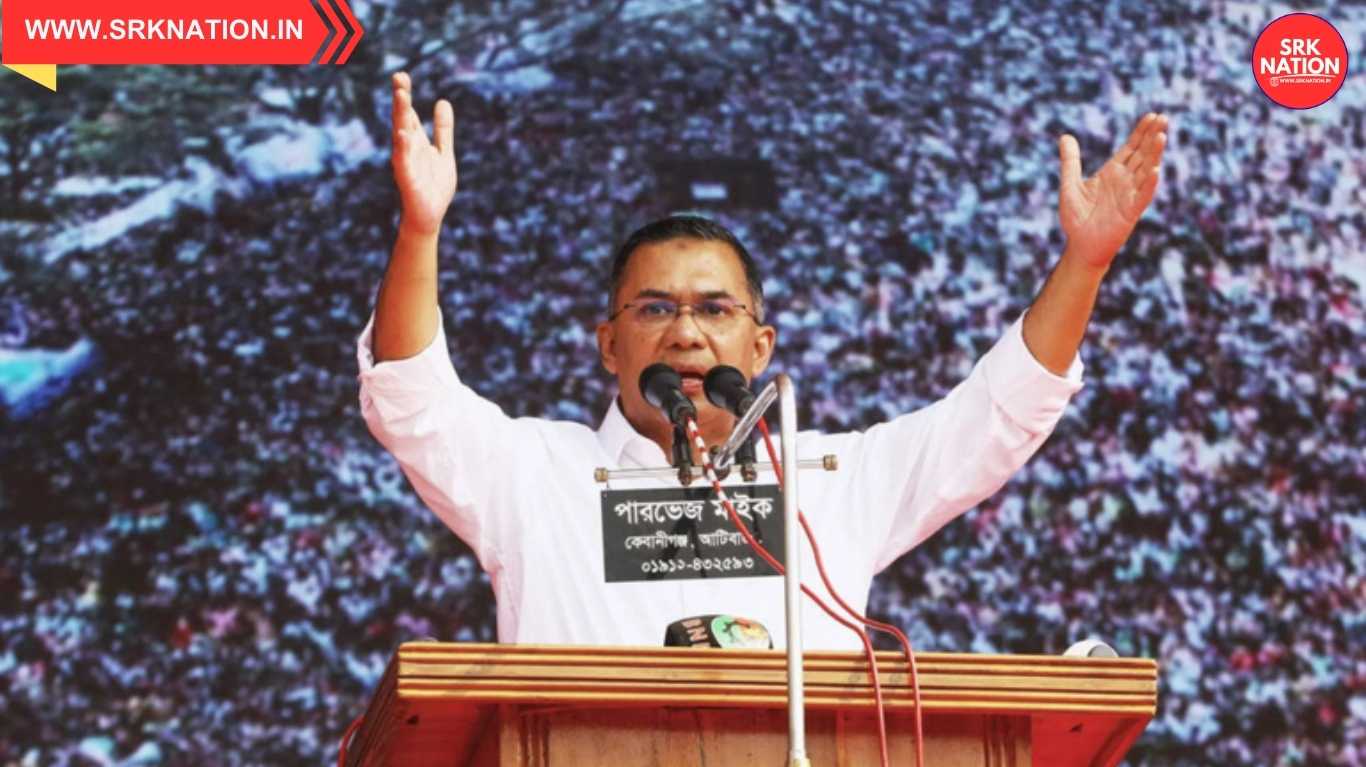Bangladesh’s interim government, led by Chief Advisor Muhammad Yunus, has officially banned the Awami League, the country’s oldest political party, under the Anti-Terrorism Act. The decision, announced on May 10, 2025, follows months of political unrest and demands from various groups for the party’s dissolution.
Government’s Justification for the Ban
According to an official statement, the Council of Advisers decided to prohibit all activities of the Awami League, including its online presence, until the completion of its trial in the International Crimes Tribunal. The government cited concerns over national security and sovereignty, as well as the protection of witnesses and complainants involved in legal proceedings against the party.
Political Turmoil and Mass Protests
The ban comes amid widespread protests led by the National Citizen Party (NCP), a student-led movement that emerged from the July 2024 uprising, which resulted in the ouster of Sheikh Hasina’s government. Demonstrators have been staging blockades across Dhaka since May 8, demanding the dissolution of the Awami League.
Legal Amendments and Future Implications
In addition to banning the party, the interim government has amended the International Crimes Tribunal Act, allowing the tribunal to prosecute political parties and their affiliates. The move has sparked concerns among opposition groups, with the Bangladesh Nationalist Party (BNP) distancing itself from the decision, stating that it opposes banning any political party.
Sheikh Hasina’s Exile and Party Leadership in Hiding
Former Prime Minister Sheikh Hasina, who led Bangladesh for 16 years, fled to India following her removal from power on August 5, 2024. Many of her party leaders are either arrested or in hiding, facing hundreds of legal cases, including allegations of mass murder and corruption.
Public Reaction and Uncertain Future
The ban has led to escalating tensions, with thousands of protesters marching toward Yunus’s official residence to pressure the government into formalizing the decision. While some factions support the move, others fear it could further destabilize Bangladesh’s political landscape.











